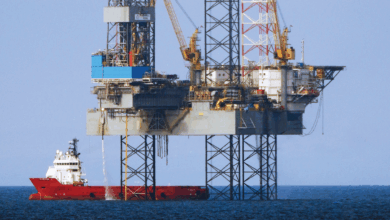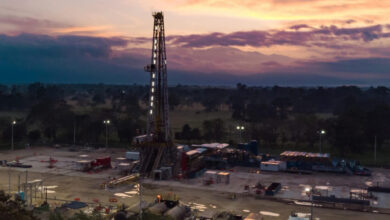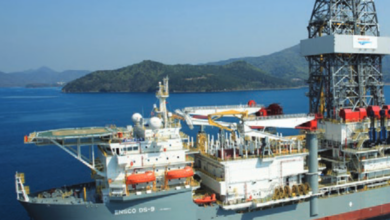Malaysian minister urges industry to look to long term amid falling oil prices
By Linda Hsieh, Managing Editor

YB Senator Dato’ Sri Abdul Wahid Omar said at the International Petroleum Technology Conference on 10 December in Kuala Lumpur.
As the Malaysian government works toward an economy with sustainable growth, diversification of national revenues continues to play a critical role, said YB Senator Dato’ Sri Abdul Wahid Omar, Minister in Malaysia’s Prime Minister’s Department. “The Malaysian government has been increasing its other sources of revenue, with dependence on revenues from oil and gas steadily declining from 35.8% in 2011 to 31.2% in 2013,” he said at the International Petroleum Technology Conference (IPTC) on 10 December in Kuala Lumpur.
Although Malaysia has been blessed with abundant natural resources, Mr Abdul Wahid emphasized that fiscal discipline, effective stewardship and preservation of the environment are still required for success in the long term. “The exploitations of our natural resources are used as a means to strengthen our economic foundation. We strive for an economy that achieves sustainable growth,” he said.
As oil prices continue to drop, he said, the Malaysian government has already seen oil companies review investments and become more cautious in their spending. “Capital expenditures are being cut by at least one-fifth. Given this, the oil and gas industry needs to be shrewder, revisit their investment portfolios and optimize their costs,” Mr Abdul Wahid said.
He continued, however, by urging companies to consider the strong fundamentals of the global economy and the oil and gas industry. Certainties in these uncertain times include the fact that energy demand will not subside, and the world’s population will continue to grow. Further, the rise of a new middle class in emerging economies means increased purchasing power. That will continue to drive consumption. “Your focus should be on the longer term, and thus your investments must continue.”
In fact, he characterized the delivery of affordable energy as a responsibility for this industry. “I find that ‘responsibility’ is accurate to describe what you do,” he told the IPTC audience, “because rights to energy has become a basic right for humanity along with right to water and food; right to health and adequate housing; right to gain a living by work. In fact, energy is the very enabler to all these basic rights.”
Urging the oil and gas industry to continue to innovate, Mr Abdul Wahid cited the success seen with unconventional resources, such as coalbed methane and shale. “These resources were once considered to be too difficult or expensive to access in the past. Yet today they are flooding and transforming the market. In short, not only that innovation and technology has managed to sustain supply of energy, it has also kept up in such parallel that energy continues to remain affordable.”
Collaboration within the industry also must continue in order to develop, share and promote best practices and knowledge, he added. “On the back of weakening oil price, innovation may drain your resources, but too little will squander your growth potential. So the question is not whether or not you should continue to innovate and collaborate but rather: How can you strike the sweet spot of balance?”




